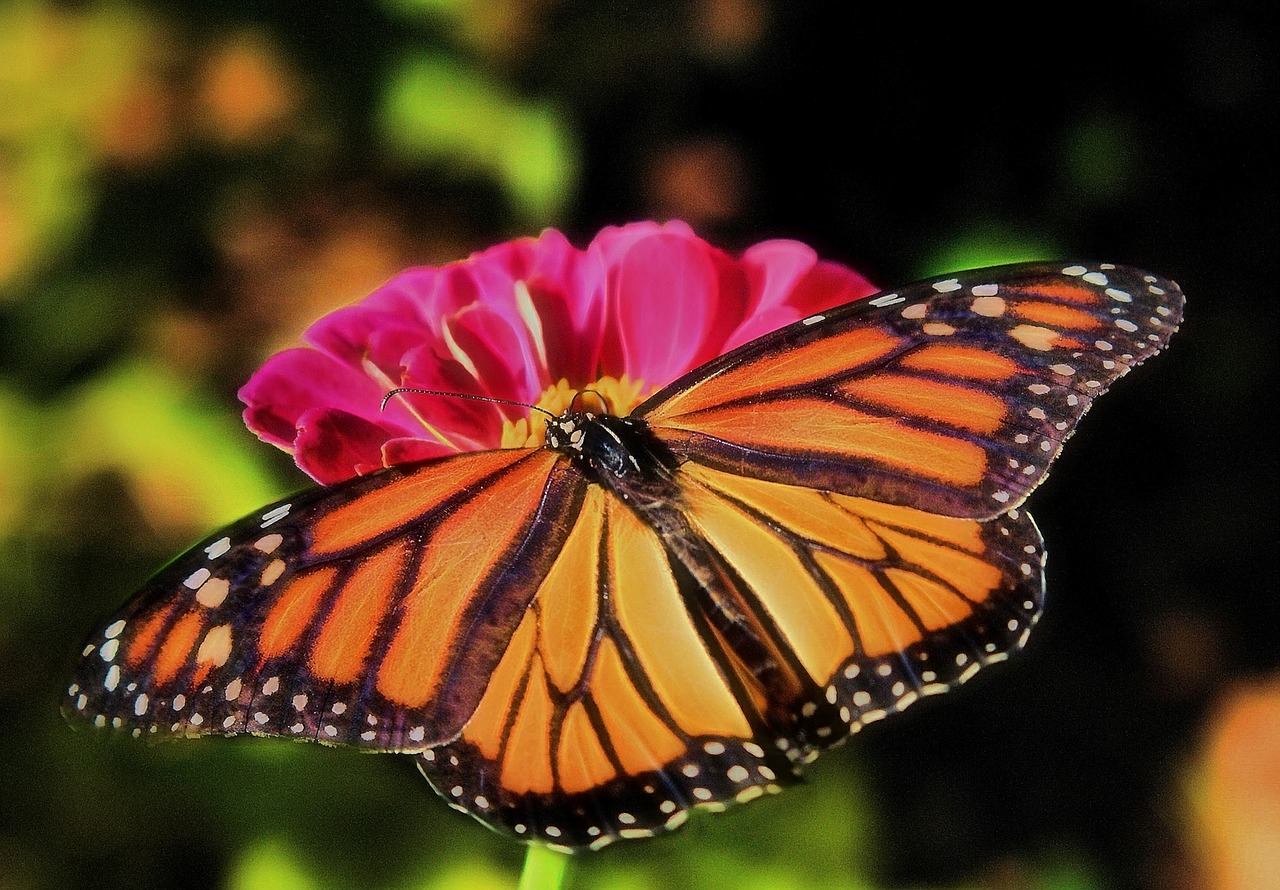Once an iconic insect numbering nearly 1 billion, the Monarch butterfly’s population has seen such a drastic decrease over the past few years that the United States Department of Fish and Wildlife (DFW) has announced it will devote $4 million per year over the next five years to try and revive America’s declining Monarch population.
The money will be used to conserve breeding areas and migration habitats.
In an article by the Star Tribune (Minn.) reporter Tony Kennedy noted that the total number of monarchs has dropped from about 1 billion in 1996 to 56.5 million in 2015.
Reasons for the decline in the butterfly’s population include a loss of their natural prairie habitat as well as a loss of milkweed, the plant which supports the butterfly when it is in its caterpillar stage.
University of Minnesota Professor Karen Oberhauser is one of two scientists acting as an expert adviser for federal legislation and funding on behalf of the butterflies.
Oberhauser was quoted as saying she is happy that the monarch issue is “getting high-level attention.”
It’s getting high-level attention. That’s the biggest news to me.
In a separate story by the Pittsburgh Post-Gazette, contributor Scott Shalaway discussed the migration patter of the butterflies.
The monarch winters in one particular area of Mexico: 2.8 acres of a fir forest in the central region of the country.
Monarch watchers — Shalaway included — have noticed the decline in population over the past few years, noting that “very few reports” of sightings have been received.
Last year I saw just one monarch and I received very few reports from readers. So I’m not surprised that I’ve gotten lots of mail asking how monarchs are doing this year.
Butterfly enthusiasts can help monarchs thrive by trying two different techniques: planting as much milkweed as possible to give the insects as much area for planting eggs as they can, and reporting monarch sightings to wildlife research organization Journey North.
























